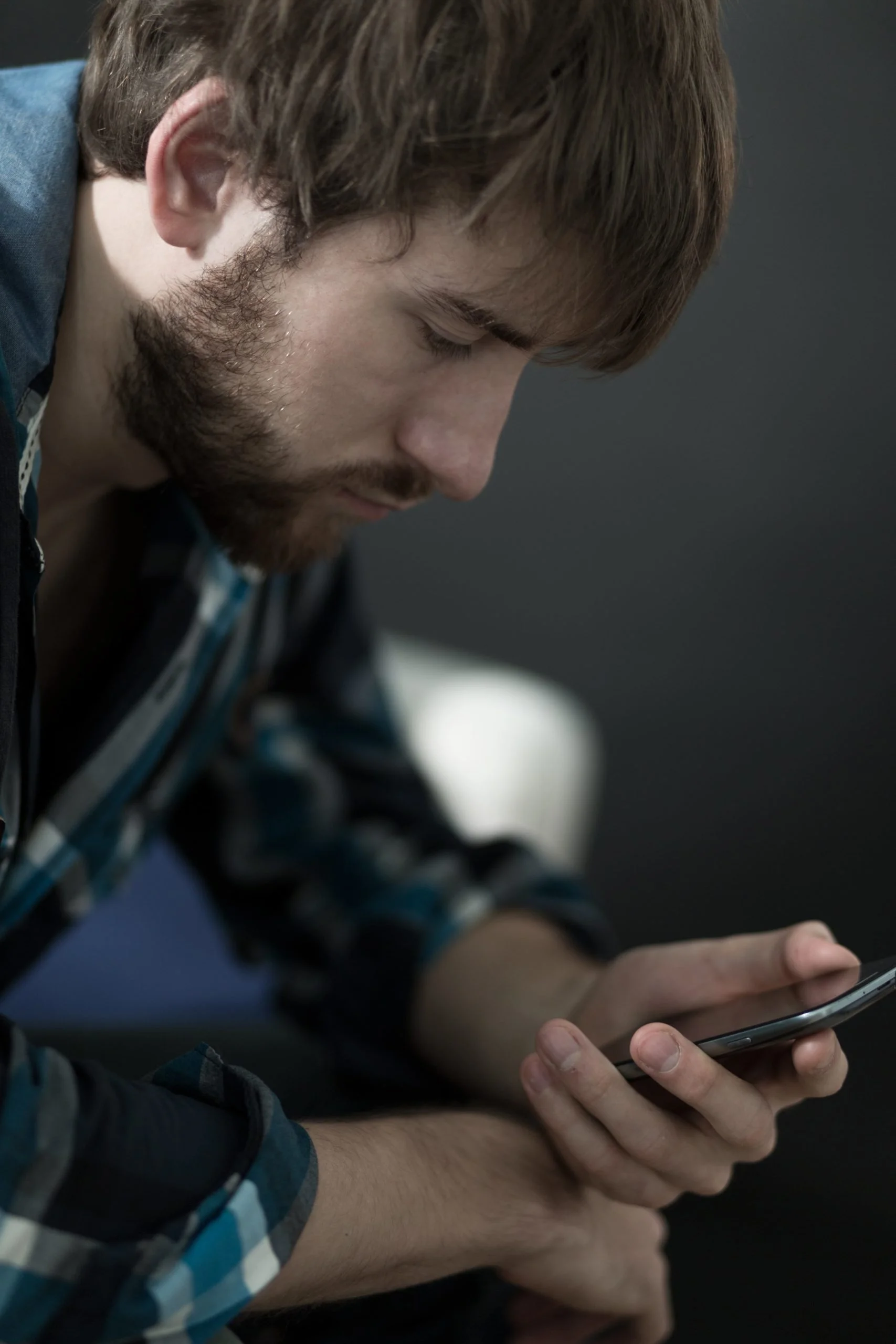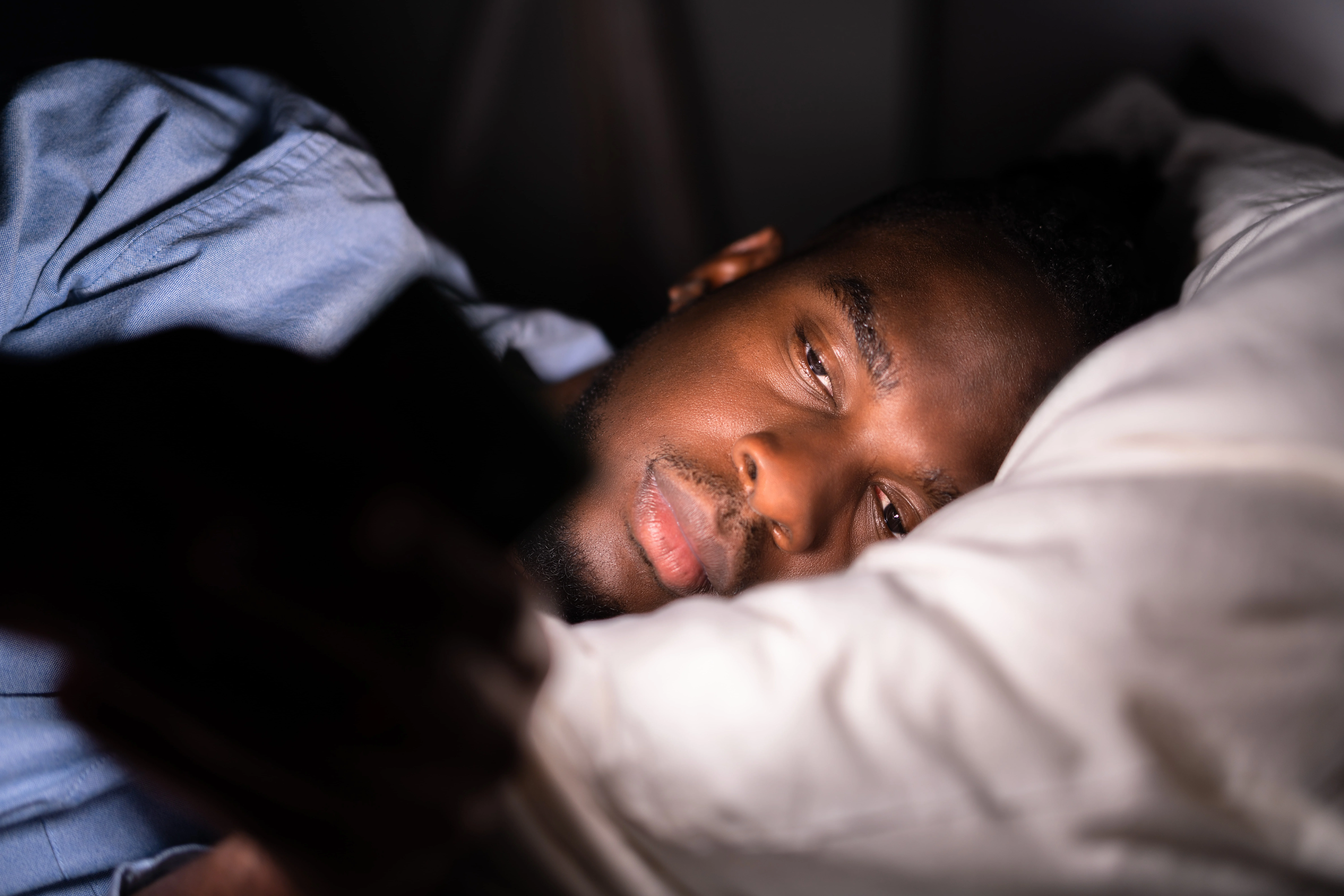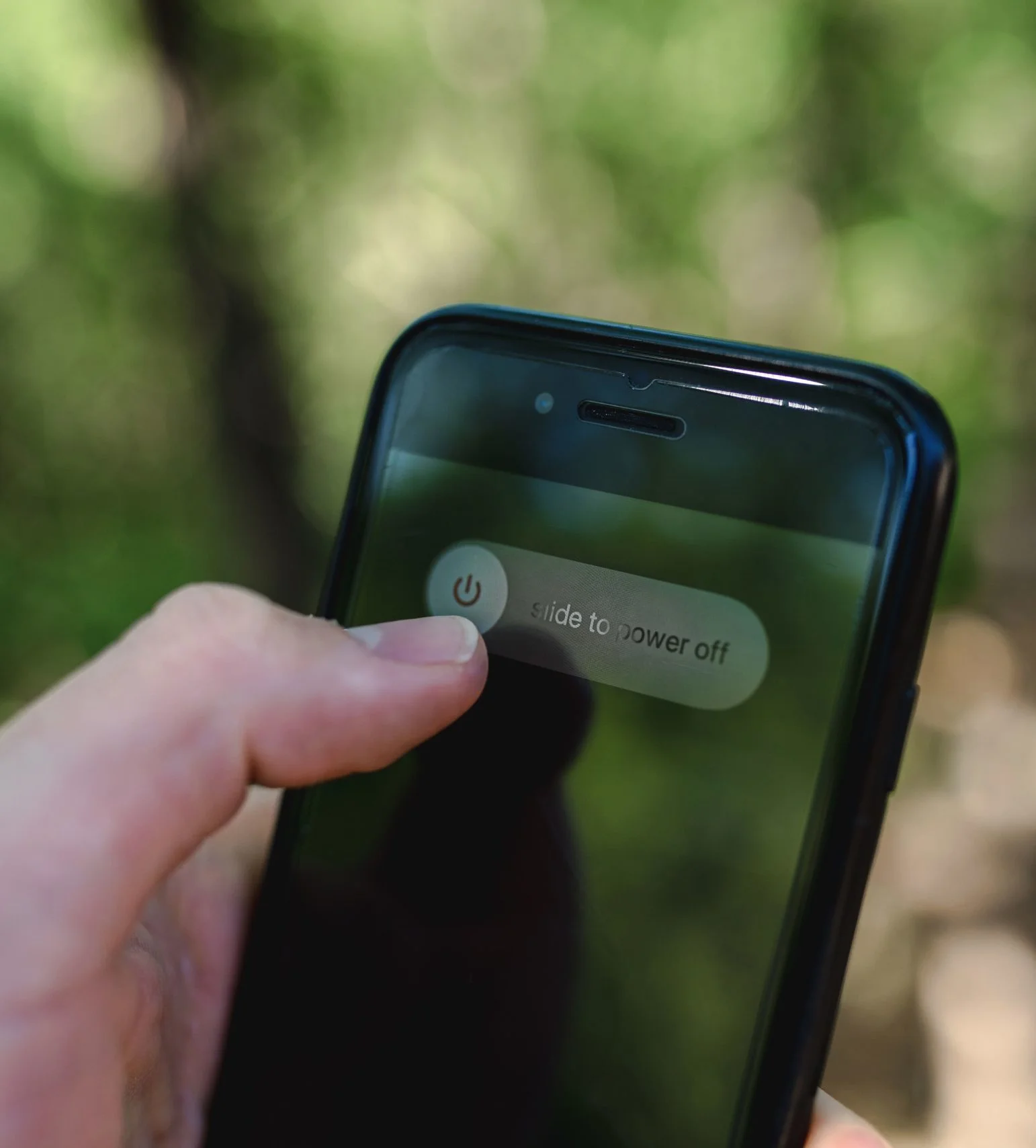

Social media keeps us constantly connected to the world around us. While having a community — even in a cyber world — can be beneficial, many people are not aware how social media affects mental health. Retweets, likes, and mentions can activate the reward center of the brain, reinforcing the need to stay continuously engaged. However, constant engagement on social media platforms can take a heavy toll on mental health, leading to depression, anxiety, and other mental illnesses.
Some signs that social media is negatively affecting your mental health include the following:
Disengagement from in-person relationships — Time spend on social media can be all-consuming, sometimes to the point where you neglect your real life relationships. If you can’t remember the last time that you spent time with your friends and family outside of an app, it can be a sign that social media is hurting your mental health.
Lack of sleep — The need to check on likes, retweets, or respond to alerts can disrupt the sleep cycle. Furthermore, the light from the phone can disrupt circadian rhythms leading to an increase in depression and anxiety symptoms. If you’re not getting as much sleep as your body needs, it can have an impact on your psychological and physical well-being.
Poor self-esteem — Constantly comparing your real life to what you see on social media can lead to feelings of inadequacy and poor self-esteem. Though it may seem obvious that the images you see are a curated highlight reel, they can still invoke feelings of envy, dissatisfaction, and jealousy. Poor self-esteem is another way how social media affects mental health.
Poor impulse control — Constantly checking your phone for alerts from social media can lead to poor impulse control. The round-the-clock access to your social media feed can impact focus and concentration, as well as make it difficult to obtain from engaging in impulsive behavior.
Unhealthy coping mechanisms — Not only can social media be used to cope with feelings of boredom, sadness, or loneliness, but it can also give you access to other unhealthy coping mechanisms. Furthermore, you may use social media to distract you from negative emotions rather than processing them in more healthy ways.
Mental Health Treatment in Los Angeles, CA
If you think that your social media use is contributing to feelings of depression, anxiety, or other mental illness, it is important that you get the help you need. The experienced treatment professionals at Riviera Recovery know how social media affects mental health and can help provide you with the evidence-based tools you need to restore your mental well-being. For more information about our mental health services, or to learn about our Los Angeles sober living homes, reach out to our admissions staff today.




